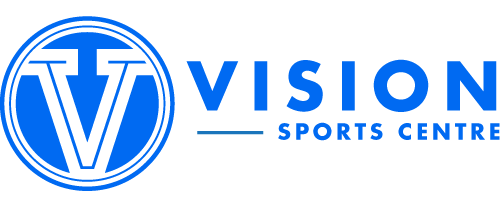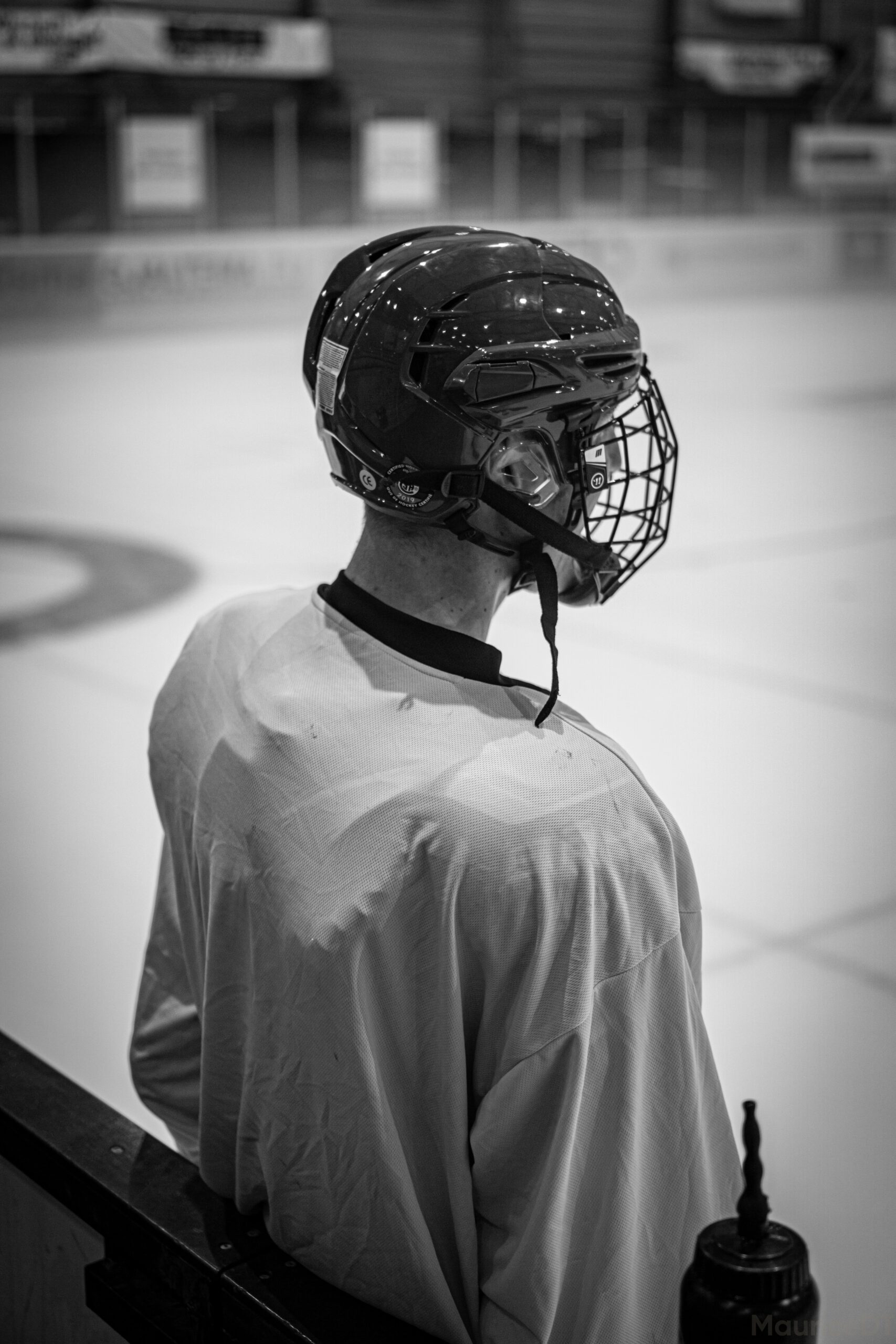Introduction
Hockey is a dynamic and fast-paced sport that demands a unique set of skills, including speed, agility, endurance, and strength. Whether you’re a seasoned player or just starting your journey on the ice, a well-rounded training program is essential to enhance your performance and take your game to the next level. In this blog post, we’ll explore the key aspects of training for hockey and provide valuable insights to help you excel in this exhilarating sport.
Building Endurance
Hockey is known for its intense physical demands, requiring players to sustain high levels of energy throughout the game. To improve your endurance, incorporate aerobic exercises such as running, cycling, or swimming into your training regimen. Focus on long-distance runs, interval training, and high-intensity cardio sessions to simulate the demands of the game. Additionally, participating in on-ice drills and scrimmage sessions will help improve your hockey-specific endurance.
Developing Speed and Agility
Speed and agility are critical attributes for hockey players, enabling them to outmaneuver opponents and create scoring opportunities. To enhance your speed, integrate sprint training into your routine, focusing on short bursts of explosive speed. Agility drills such as ladder drills, cone drills, and lateral movements will improve your quickness and change of direction. Incorporate these exercises both on and off the ice to maximize your performance.
Enhancing Strength and Power
Hockey requires a combination of strength and power to withstand physical challenges and deliver powerful shots. Incorporate resistance training exercises like squats, deadlifts, lunges, and bench presses to build overall strength. Plyometric exercises, such as box jumps and medicine ball throws, can improve power generation. To specifically target hockey-related movements, use exercises that mimic skating motions, such as lateral lunges and single-leg squats.

Improving Stickhandling and Shooting
Mastering stickhandling and shooting skills is essential for any hockey player looking to excel on the ice. Set up regular practice sessions to improve your puck control, using drills that focus on speed, accuracy, and creativity. Develop your shooting technique through repetition, aiming for precision and power. Incorporate off-ice stickhandling drills using synthetic ice or a ball to further enhance your skills.
Mental Conditioning
In addition to physical training, mental conditioning plays a vital role in hockey. Develop mental toughness, focus, and resilience through visualization techniques, goal setting, and mindfulness exercises. Practice maintaining composure during high-pressure situations and develop effective communication skills to enhance teamwork and coordination with your teammates.
Proper Nutrition and Recovery
A well-balanced diet and adequate recovery are crucial components of any training program. Fuel your body with nutrient-rich foods, emphasizing lean proteins, complex carbohydrates, and healthy fats. Stay hydrated and replenish electrolytes during and after workouts. Prioritize rest days, sleep, and proper post-workout recovery techniques such as stretching and foam rolling to prevent injuries and optimize performance.

Conclusion
Training for hockey requires a holistic approach that encompasses physical, technical, and mental aspects of the game. By implementing a well-designed training program, focusing on endurance, speed, strength, stickhandling, and mental conditioning, you’ll be better equipped to dominate on the ice. Remember to prioritize nutrition and recovery to support your training efforts. With dedication, perseverance, and a love for the game, you’ll be well on your way to mastering the ice and reaching your full potential as a hockey player.


